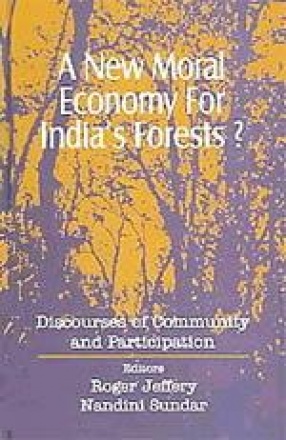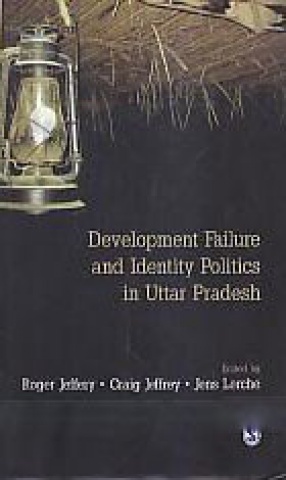The book begins with a comprehensive introduction by the editors which focuses on the concept of ‘community participation’ in forest conservation. They argue that a ‘new moral economy’ is in the process of being evolved. In recognising the legitimacy of ‘local’ involvement, JFM policies and strategies tend to impose new, limited rights and understand customary claims selectively due to distorted notions of who constitutes a ‘community’ and why, and what constitutes ‘participation’ in natural resource management. The essays that follow take up a variety of important topics such as examining the discourse on community participation in forest management in a historical and conceptual framework; discussing the nature of the ‘community’ which is expected to participate; evaluating the possible forms of participation; exploring the discourses that thave developed around questions of gender and class; understanding the respective roles of the community, NGOs and forest department in JFM; and assessing the problems involved in ‘going to scale’ and developing full-fledged projects. Overall, the contributors highlight the need for greater attention to regional networks of power and resource use. Community participation, they argue, must allow the local populace to choose their own methods of conservation and not degenerate into merely another way of co-opting villagers into the agenda of the state. Comprising original essays which report recent research and field experiences from all over India, this thought-provoking volume will interest those in the fields of environment studies, forestry, economics, management, politics, human geography, sociology, social anthropology and development studies as well as policymakers, bureaucrats and non-governmental organisations.
Anthropology in the East: Founders of Indian Sociology and Anthropology
Anthropology and sociology ...
Out of stock









There are no reviews yet.